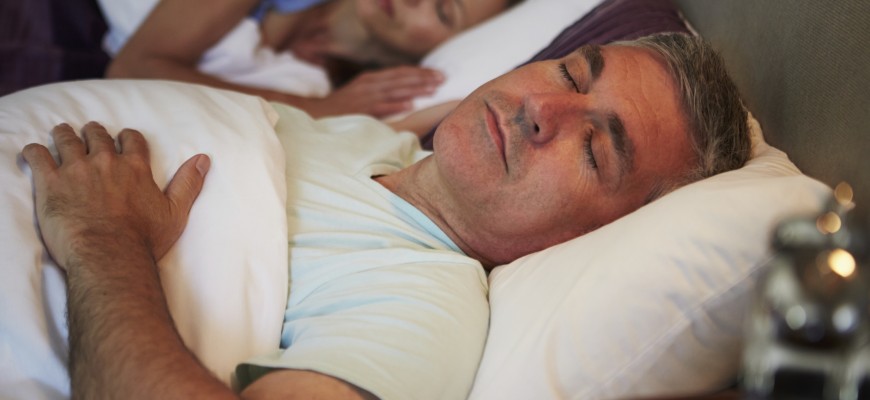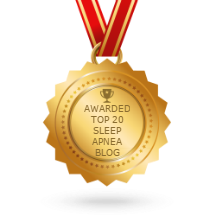
Sleep Apnea: Do you remain undiagnosed?
Do you have sleep apnea but remain undiagnosed?
The Specialist:
As the director of the sleep surgery program at Mount Sinai, Dr. Fred Lin treats patients who have complicated cases of sleep apnea that require surgery. Lin works with more than 500 patients a year with sleep apnea.
Who’s at risk:
About 50% of Americans snore while they’re sleeping. And for millions of people, that snoring is a symptom of sleep apnea.
“Sleep apnea is a form of sleep-disordered breathing in which the airway becomes narrowed as the tissues and muscles surrounding it relax,” says Dr. Fred Lin, director of the sleep surgery program at Mount Sinai. “The brain corrects for this suffocation by jerking the patient between deep sleep and light sleep, and even momentary awakening, though the individual doesn’t necessarily remember it.” Some 18-20 million Americans are living with sleep apnea, though doctors estimate that 80-90% of them remain undiagnosed.
Untreated sleep apnea majorly impacts quality of life — and also carries major health risks. “Because sleep apnea causes significant stress to the heart, it increases your risk of high blood pressure, stroke, heart failure and irregular heartbeats,” Lin says. “Besides the fact that patients are sleep deprived and often feel terrible, it’s crucial to treat this disease to protect your heart health. Thankfully, we have a range of highly effective treatments.”
What is the underlying cause of sleep apnea? “There are a lot of different theories, but the general principle is that the airway gets narrowed due to tissue/muscle obstruction. Your body usually has a sense when the airway is being narrowed, but after a while the nerve endings can get less sensitive,” Lin says. “Especially as people get older, many people gain weight and lose muscle tone. Women are at higher risk post-menopause due to hormonal changes.”
Doctors have identified a set of risk factors associated with sleep apnea. “Major risk factors include being male, being obese, having a history of hypertension and diabetes, and having a family history of sleep apnea,” Lin says. “People who snore are also more likely to have sleep apnea.”
To view the rest of this sleep apnea related article, click below:
http://www.nydailynews.com/life-style/health/sleep-apnea-millions-symptoms-article-1.2454128
You can buy CPAP Machines, tubing and all of your CPAP supplies at CPAP America, 707 Mantua Pike, West Deptford, NJ 08096. Feel free to contact us at 1-800-569-0167.
You can also reach us via email here.

